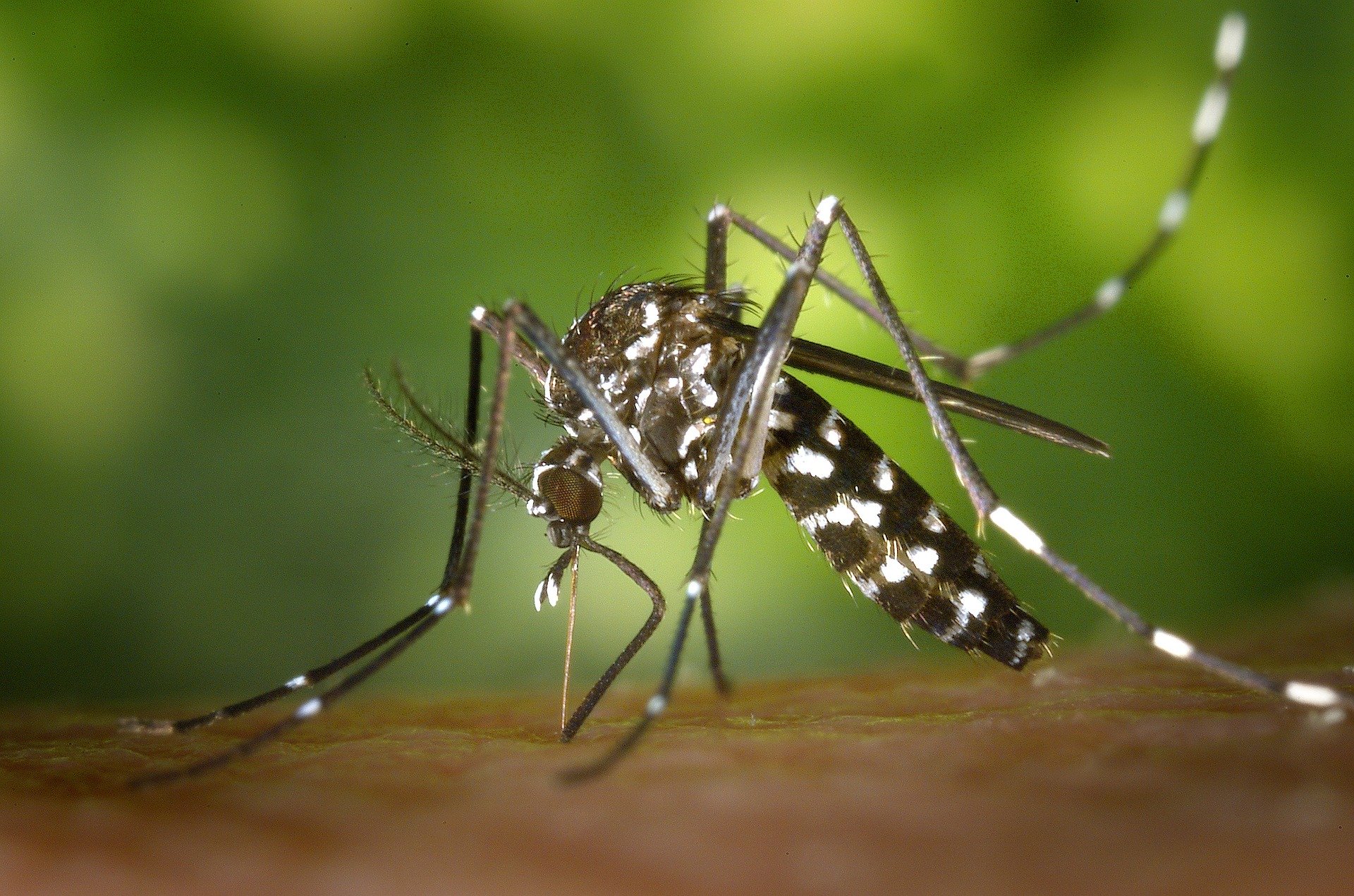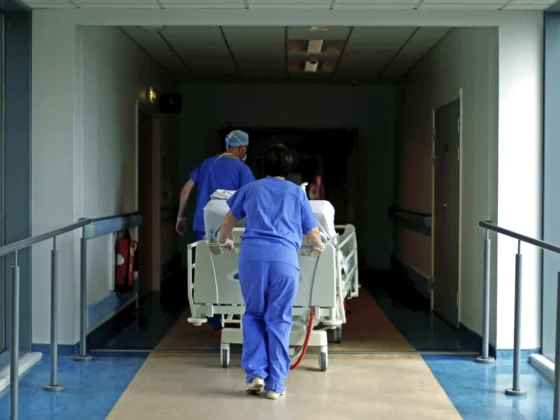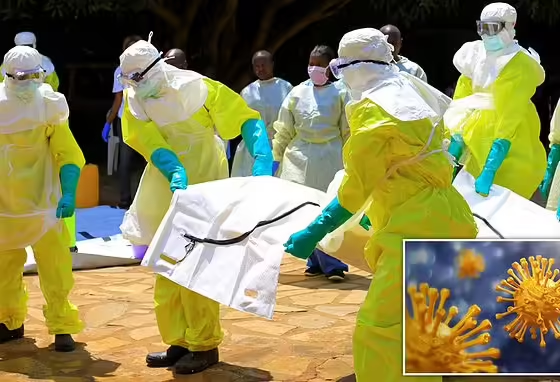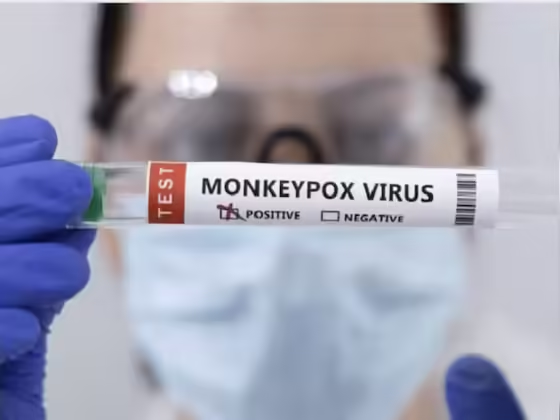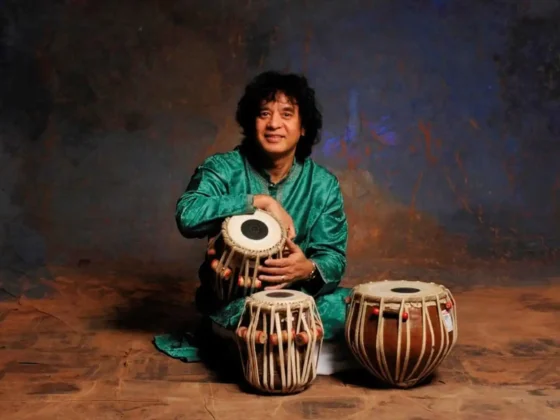Amid the public health authorities are struggling to combat coronavirus spread in Singapore, dengue infections are rising.
Dengue virus serotype 2 (DENV2) had previously been the predominant serotype but DENV3 has re-emerged in Singapore after almost three decades.
This means the Singapore population has lower immunity to DENV3 and, consequently, a large proportion of the population is susceptible to DENV3 infection.
So far, there are no highly protective vaccines or therapeutic agents that target DENV.
This is due to the possibility that antibodies raised against any one of the four known serotypes (DENV1-4) may enhance disease severity when an individual is infected with a different serotype in a secondary infection.
This suggests an effective vaccine has to be able to stimulate equally strong protective responses simultaneously against all four serotypes.
Adding further complication to vaccine development is the fact that there are different virus strains within each serotype, and different strains can exhibit vastly different shapes, enabling them to escape detection by a host’s immune system.
The Duke-NUS team had previously discovered that the surface of the DENV2 can change from smooth to bumpy depending on host conditions.
“Previous structural work focused mostly on DENV2, and therefore the other serotypes that are equally important are not well studied,” said Professor Sheemei Lok from the Duke-NUS’ Emerging Infectious Diseases (EID) programme and corresponding author of this study.
“In this study, we found that DENV3 can dramatically transform itself from a smooth, round particle to a club-shaped particle — like golf clubs, which would help the virus to evade hosts’ immune response, vaccines and therapeutics.”
The team also found some strains capable of transforming into club-shaped particles in DENV1, DENV2 and zika, though these exist as a minority of the virus population.
“While Singapore has seen a recent spike in dengue cases, annually this virus infects about 400 million people worldwide, with a high prevalence in tropical and sub-tropical regions. In line with Duke-NUS vision of transforming medicine, this study gives new direction to developing better therapies and vaccines to treat or prevent dengue infections, and contribute to public health outcomes,” said Prof Patrick Casey, Senior Vice Dean for Research at Duke-NUS.
The team is currently studying more DENV3 clinical strains to determine if this structural transformation is common.
Image: Pixabay

